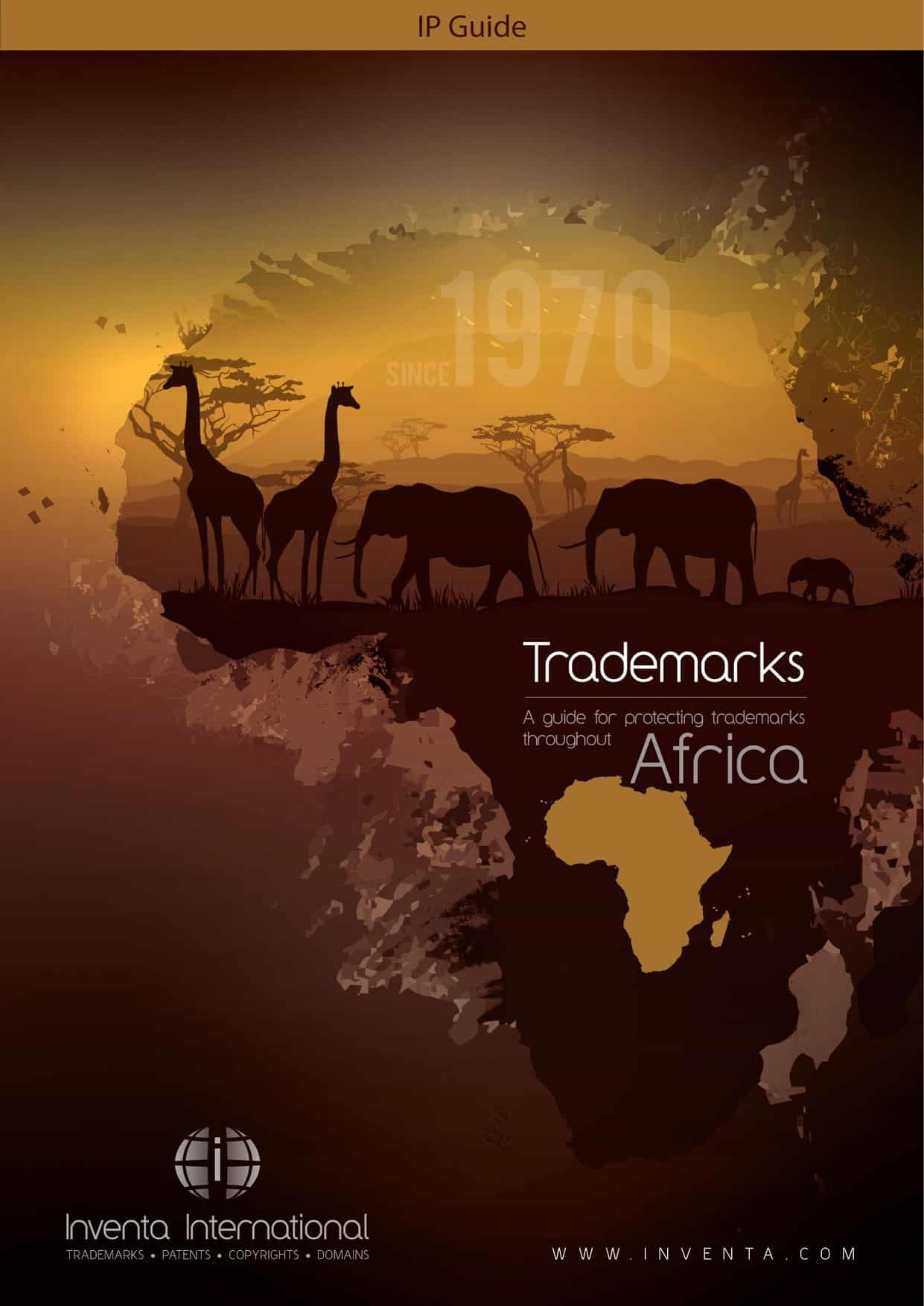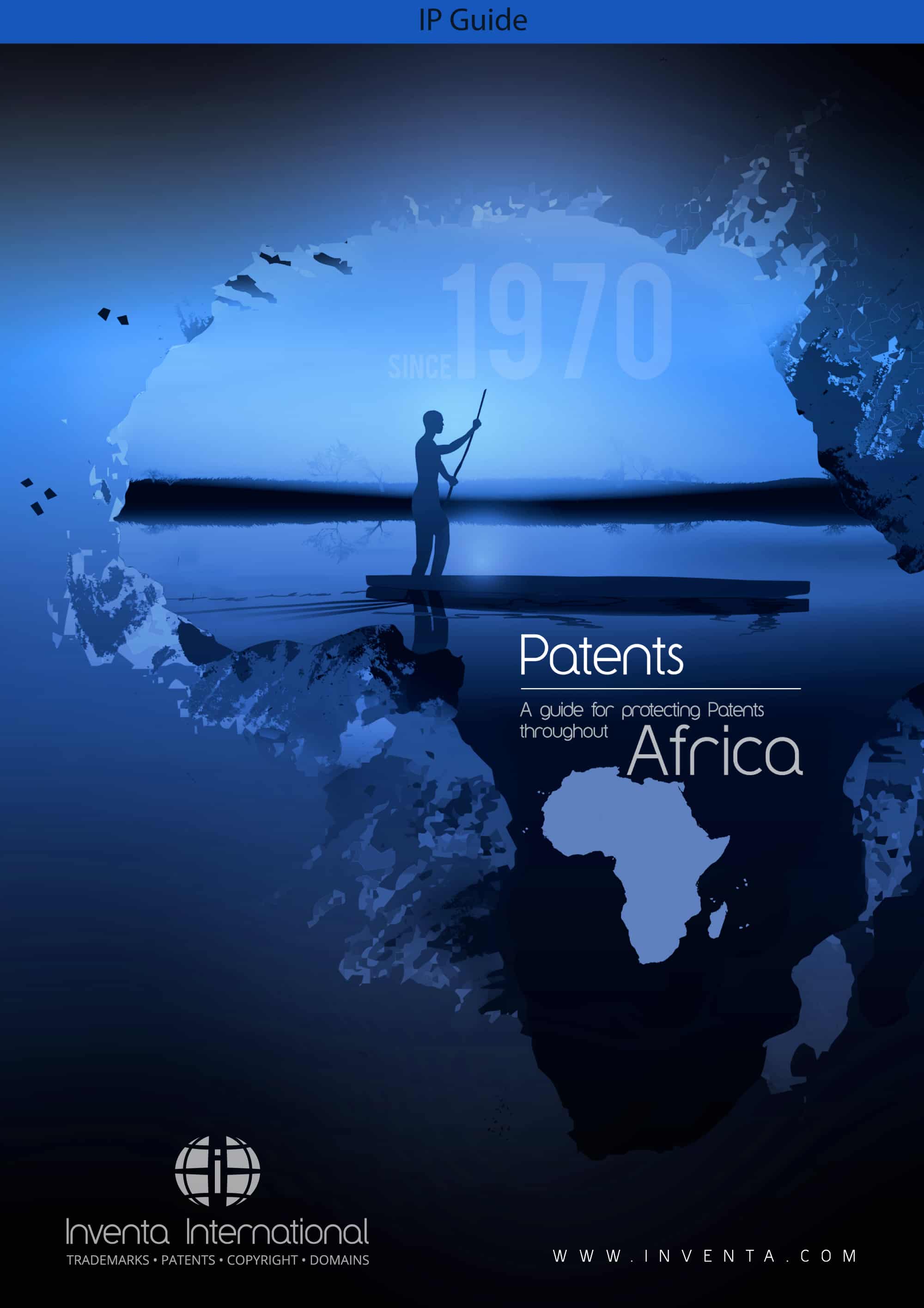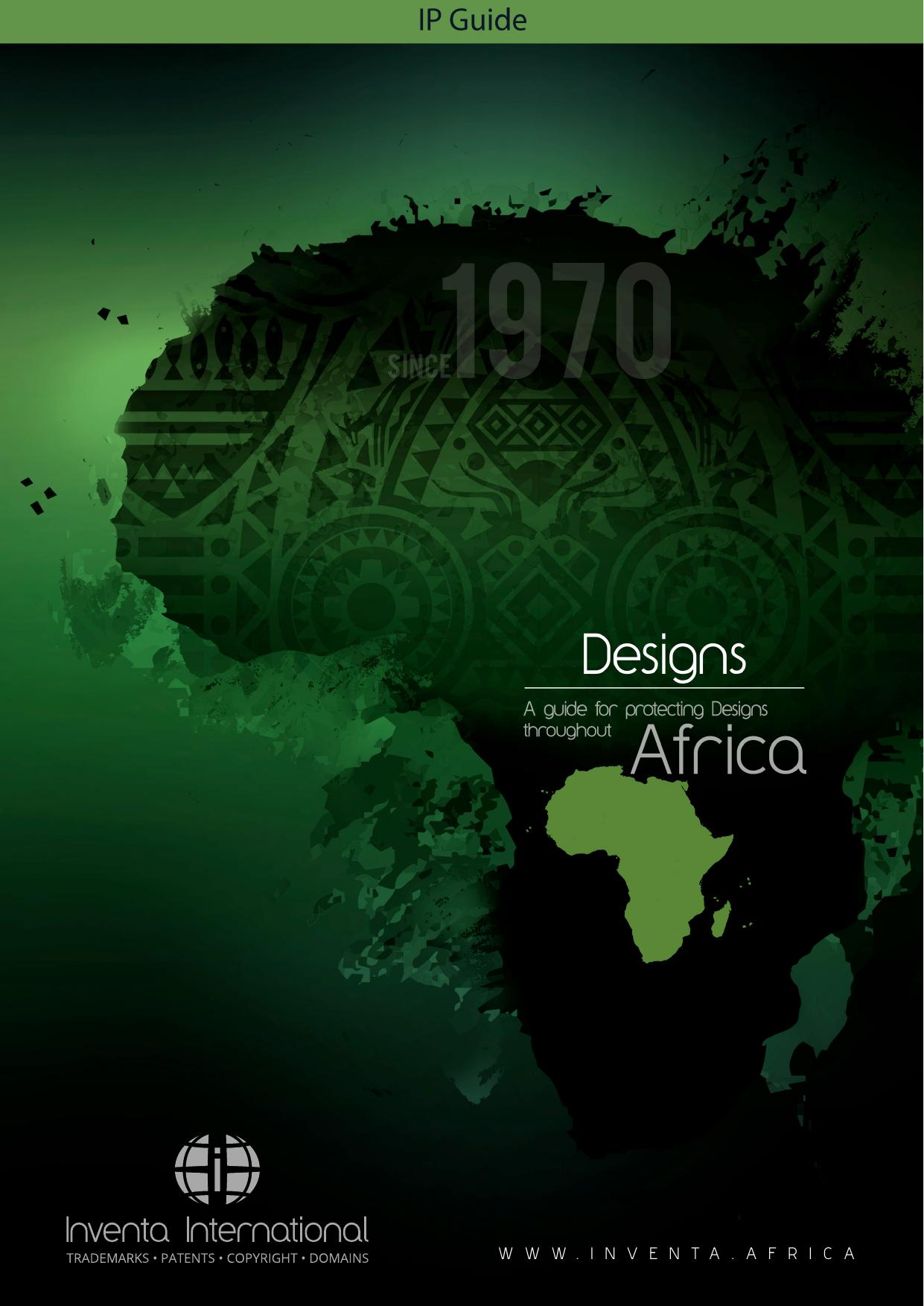Regional Designs in Africa
Covers its member states' lack of national Intellectual Property laws, with automatic and unified protection
Created in 1977 through the Bangui Protocol, the African Intellectual Property Organization (OAPI) aims to standardize the protection of intellectual property in all its Member States. The OAPI, which is mainly composed of Francophone countries, promotes the protection and collaboration among its members regarding all intellectual property matters.
This Protocol was revised in 1999, operating as an Industrial Property Code in all OAPI Member States, the main advantage of the aforementioned protocol is allowing a single registration to cover all member countries. In industrial design material, the OAPI Institute only performs a formal examination.
OAPI Map
Browse countries that are part of OAPI
Search or select from the list
There are no results for your search.
Africa (OAPI)
Design Details and Timeframes
Priority claim
Available
Novelty
Absolute Novelty
Individual character
Yes
Requirements
Application Requirements
- Power of attorney, simply signed.
- Applicant data.
- Deed of assignment, simply signed (if applicable).
- Certified copy of the priority document if claimed.
- Product information.
- Graphical representation.
Renewal Requirements
- Duration: 5 years from the date of the application and renewable twice for a total of 15 years.
Assignment Requirements
- Deed of assignment, notarized.
- Power of Attorney simply signed by the assignee.
Change of Name Requirements
- Power of attorney, simply signed.
- Certified copy of the certificate of incorporation or extract from the commercial register.
Change of Address Requirements
- Power of attorney, simply signed.
- Certified copy of the certificate of incorporation or extract from the commercial register.
License Requirements
- Power of attorney from the licensee, simply signed.
- License Agreement, notarized.
Remarks: The documents should be filed with an English or French translation Examination: Formal examination. Grace Period: 12 months.
Why Inventa?
Global Network with a special focus in Africa
Through a network of local offices, including several locations in Africa, and an extensive network of associates, we are committed in delivering a global coverage with local experience.
Experience
With over 45 years of experience in Intellectual Property, Inventa has served thousands of clients, from small entrepreneurs and startups, to multinationals holding large trademark and patent portfolios, and other entities dealing with R&D on a daily basis. Furthermore, our experience allows us to understand the caveats of the different industries, since we maintain relationships with clients from different sectors, including food and beverages companies, communications, IT, pharmaceutical, manufacturers, oil & gas companies, financial institutions, business services companies and more.
Tech drive
Inventa recognizes that in this day and age, information management and the internet have taken over many aspects of business. To accompany the changing needs of our clients, over the last few years we have increased our activity in the area of technological infrastructures and information systems. In this way, Inventa seeks to respond to the different demands of both the market and its clients.
Global Network
Thanks to our large network of contacts and associate level, we offer our clients a vast team of highly-specialized professionals in the Intellectual Property field and related strategic sectors. Our professionals guarantee highly-personalized and efficient accompaniment of all our services.
Local Presence in Africa
African Countries present some of the greater challenges when it comes to protecting Intellectual Property. As such, local presence is paramount to attain a high standard of quality, similar to what can be practiced in other regions. Our local presence in Africa allows us to deal with the challenges presented to us, whether it’s red tape, instability, cultural differences or language barriers. The key to our success in Africa has been the training of local technical staff and their demonstrated enthusiasm for Intellectual Property.



